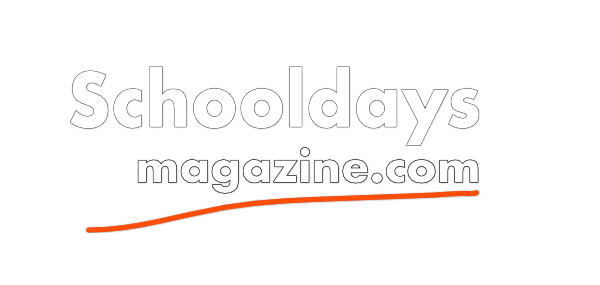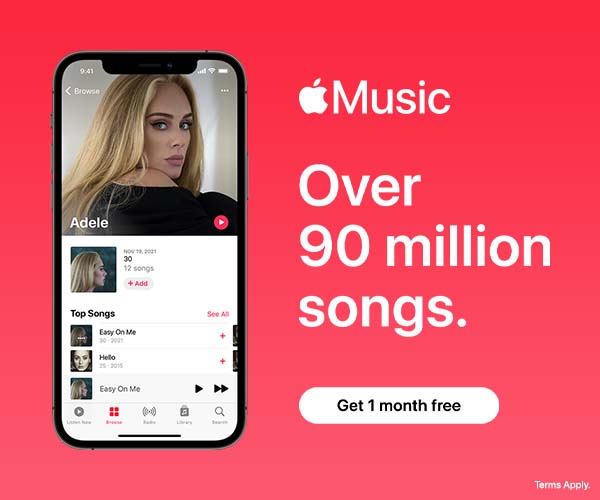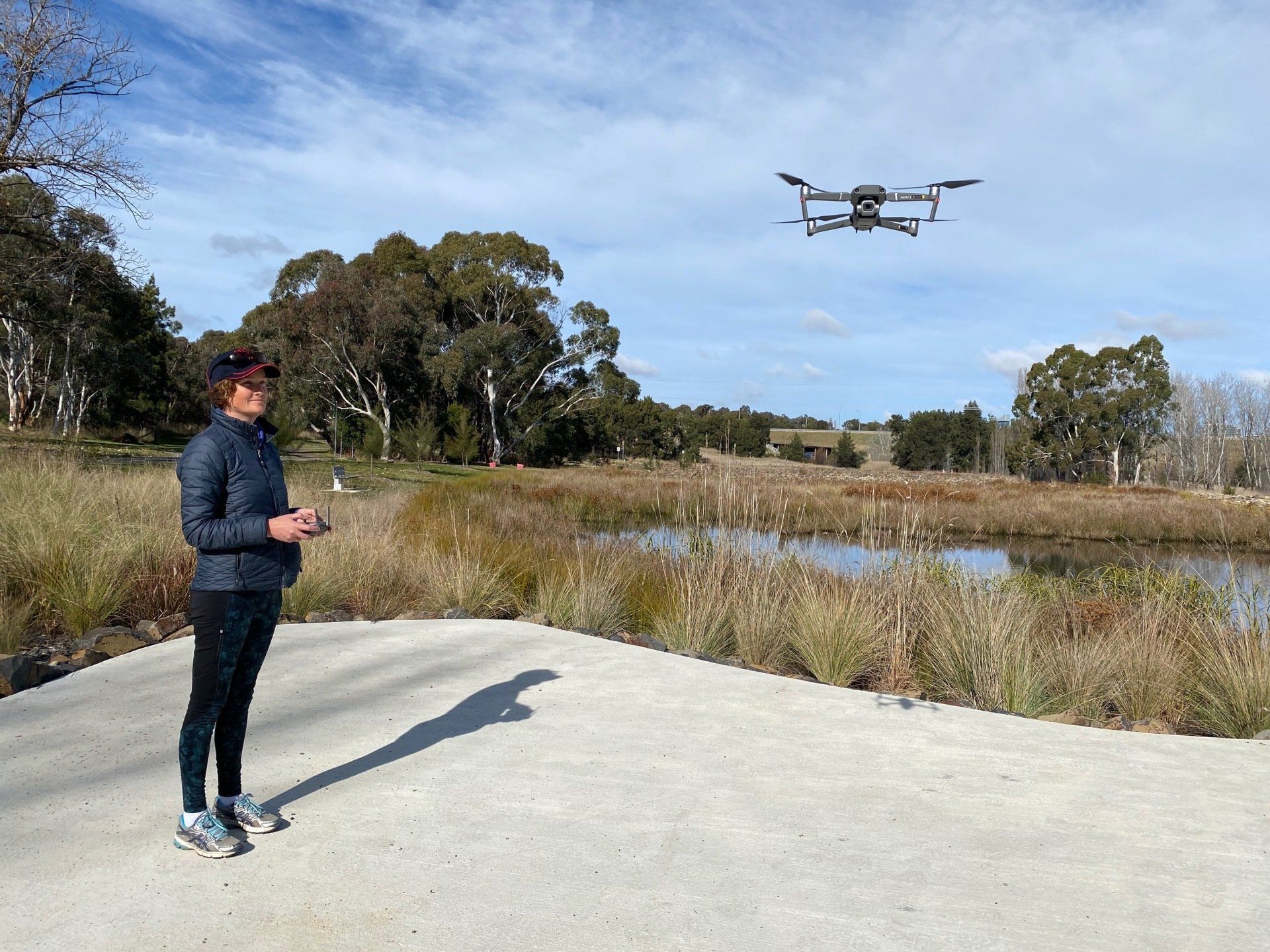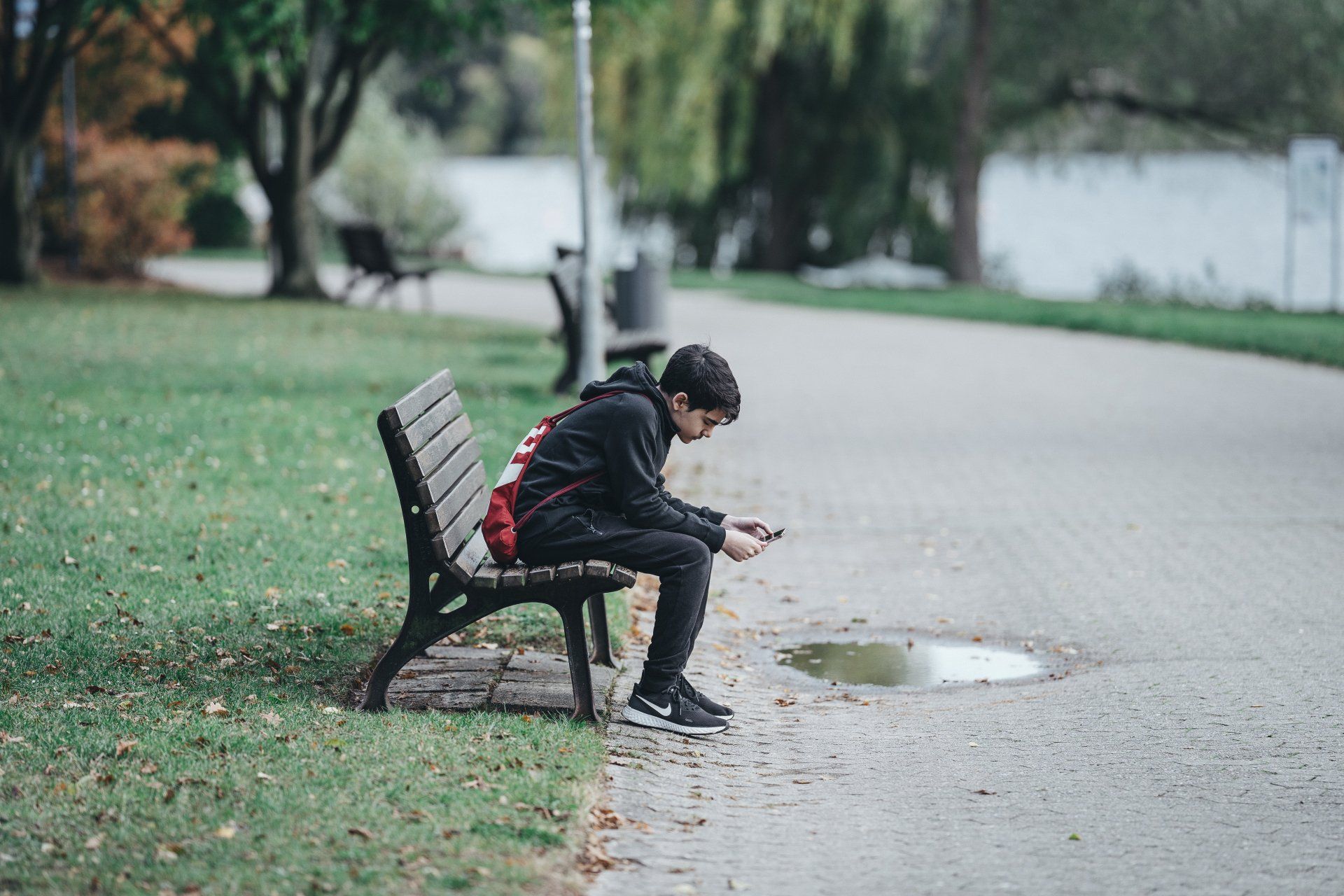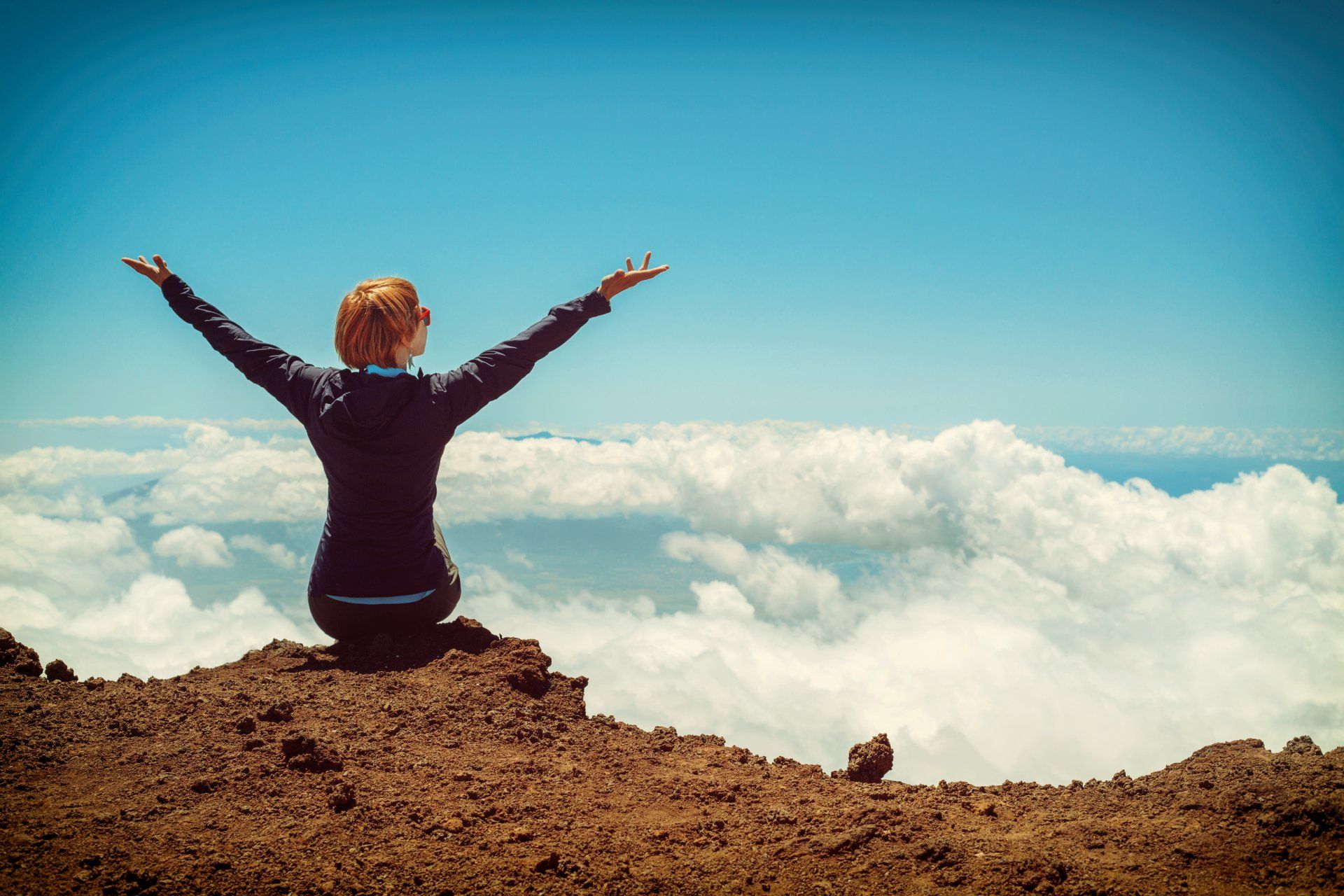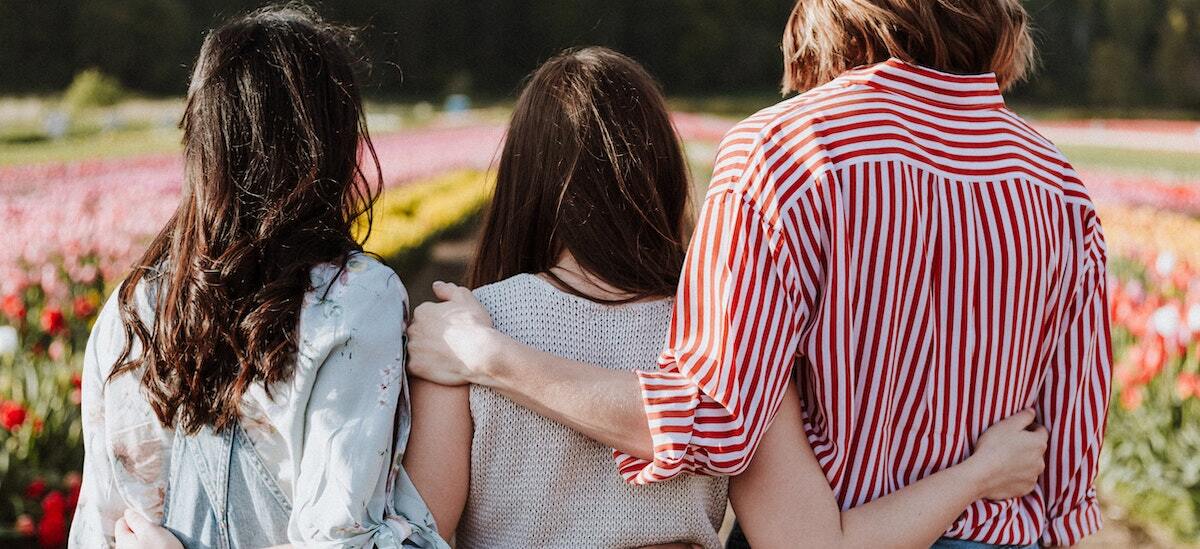Marine Geographer to
Environment Saving Surf Brand
Rikki Gilbey has been pulling stuff out of the ocean for amusement and profit from the age of 6 when his family moved from London to Devon in the UK - a.k.a. the English riviera.
Rikki’s path to starting WAW began when he met Lucy, an Australian while working for a marine conservation NGO in Greece after completing his marine geography degree. A move across the world and two kids later, the holiday romance has turned into a family business.
“I went to University in Cardiff in Wales and studied marine geography, mapping the ocean and doing coastal management. I got a placement in Greece for a marine conservation NGO which is where I met Lucy. She had to come back to Australia and so I followed her here and literally exchanged my last £5 for $5 at the airport.”
Arriving in Australia with scarce resources and no network to call his own Rikki turned to fishing – the only thing he could do at the beach.
Rikki’s initially enjoyed his adventures fishing on the beach but they were not idle entertainment. They were valuable research and development. After initially working as a carpenter with his fiancée Lucy’s dad, Rikki's next move would prove to be the catalyst for something huge.
When we asked Rikki, why did he not follow his original path to become a marine geographer, he replied, "my move to Australia just sent me on a different path. I was following love first and foremost and the career goals followed up after some time, which coincided with my discovery of bodysurfing. Marine biology also lacked the opportunity to 'be your own boss".
Working with schools
"I love working with schools promoting bodysurfing as an accessible sport and the making of the handplanes as a super fun activity. I currently work with a number of schools as part of their DT projects around designing and creating timber handplanes, for which we supply the DIY kits.", said Rikki.
Helping the environment
“Working construction was hectic. It lasted about twelve months before I needed to branch out and start building out my own network – that's when I got a job at Patagonia.”
Patagonia’s business model ignited an idea for a product. Using reclaimed timber, Rikki carved out a board small enough to fit in the palm of his hand. Repurposing wetsuits which had been returned to the store as part of Patagonia’s sustainability efforts, Rikki recycled them as straps for his handplanes. This was the beginning of the WAW Handplane, a product that would enable Aussies to bodysurf like never before. Amazed by the prototypes, Rikki’s store manager gave him his first break.
“After I’d created my first few hand planes, my store manager at Patagonia sent them off to the buyer without telling me. They loved the fact that we were making stuff out of reclaimed timbers and using their old wet suits to recycle into hand straps. The buyer called me and said: ‘Hey, Rikki you know those hand planes you've been making? Do you fancy making a few more? I'd love to get them into all the Patagonia stores this summer.”
That first order saw Rikki produce forty hand planes from his backyard and that kickstarted the whole thing. As larger orders came in, Rikki realised he needed to upscale his manufacturing process. He acquired a workshop and developed a jig system that would allow him to create hundreds of hand planes in half the time it had previously taken.
Patagonia’s second order was in the hundreds, enabling Rikki to take his venture full time. The subsequent sales allowed Rikki to develop his breakthrough product, the WAW BadFish handplane – made from one-third ocean plastic waste from the Great Barrier Reef and two-thirds from Australian domestic household plastic waste.
Recycling over 10,500 kg plastic waste
Every single handplane removes an entire shopping bag of plastic waste from the environment and since launching, the business this has skyrocketed to over $1,000,000 in sales and, the product has resulted in recycling over 10,500 kilos of post-consumer plastic.
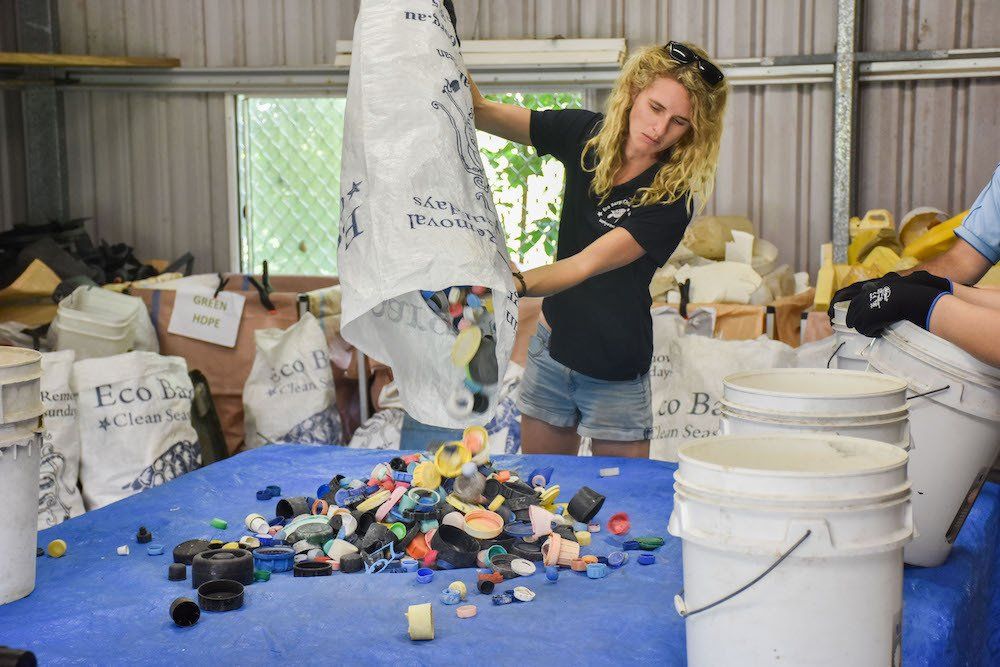
“If You’re Not Failing, You’re Not Trying”
“One mantra I had stuck with” says Rikki.
“It said that if you're not failing, you're not even trying. So, I knew that I was going to fail in many ways, but I also knew that I was going to learn from that, and there's value in failure. If it does fail, it doesn't mean the end, it just means it's an opportunity for learning and for growth.”
Growth into a sustainable surf brand
WAW Handplanes has quickly grown into one of the world’s biggest sustainable surf brands, attracting praise from National Geographic and the Discovery Channel. This led to WAW receiving an Amazon Launchpad Innovation grant, which enabled Rikki to test the American market.
Following a successful launch on Amazon, the American online behemoth’s platform, provided Rikki with the proof-of-concept he needed to invest in expanding to the United States with sights set on a larger market.
“The potential market in the USA is much greater than Australia. The level of participation in bodysurfing is much higher. They already have quite a few bodysurfing events and meetups. The most exciting thing for me is that it has all the potential of Australia and then some.”
With the initial work done and the USA website launched, WAW is set to take Rikki’s Aussie innovation to the world stage. And with a scalable supply chain, the intention is to discover, develop and roll out many more sustainable products which help us clean the oceans.
For more information on
WAW Handplanes visit their
website
